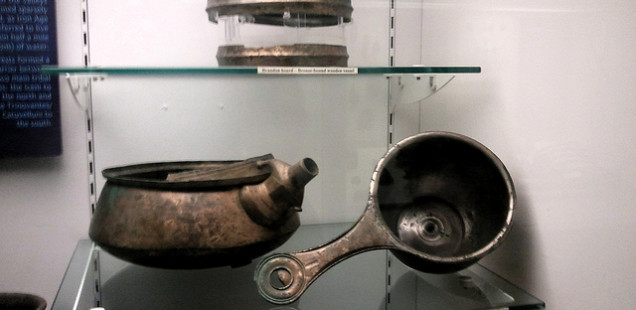
School Visits
Through working with teachers and Local Education Authorities at both primary and secondary levels, Cinderbury provides a unique programme of ‘living history’ that is complementary to the National Curriculum.
This isn’t textbook history from a centrally-heated, double-glazed classroom – but an exciting, learning experience through real, hands-on activities such as making clay pots, metal working, weaving, coin striking, daubing roundhouse walls, baking bread in the roundhouse bread oven and wheat-grinding using a traditional quern stone. All are set within an authentic Iron Age village out of sight of the 21st century.
These are activities which will be remembered long after returning to the classroom.
- Clay pot making (please note we can fire your pots for you but you need to organise your own collection)
- Bread making in the roundhouse bread oven
- Weaving on the looms
- Daubing the new round house walls
- Bowl-making on the woodturning lathe
- Archaeology practice in the dig pit
- Iron Age cooking
- School shield making
- Iron Age costumes and face painting
- Coin striking
- Free history treasure hunt
We can provide a tour and hands-on insight into Iron Age life for Key Stages 1 and 2 and links to Key Stage 3:
Key Stage 1
An Introduction to the Past
- The way of life of British people in the distant past
- How the past is different to the present
- What homes were like a long time ago
Key Stage 2:
Romans, Anglo-Saxons, Vikings
- How British society was shaped by Roman / Anglo-Saxon / Viking settlement
- Roman conquest and occupation of Britain
- Boudicca and Caractacus and the resistance to Roman rule
- Building of roads, villas and towns
- Roman settlement in local area
Key Stage 3:
An Era or turning point in European history
- Changes from prehistory to history, from hunter-gatherer to farmer
- Impact of the written word, of Christianity
- The development of technology, building, art